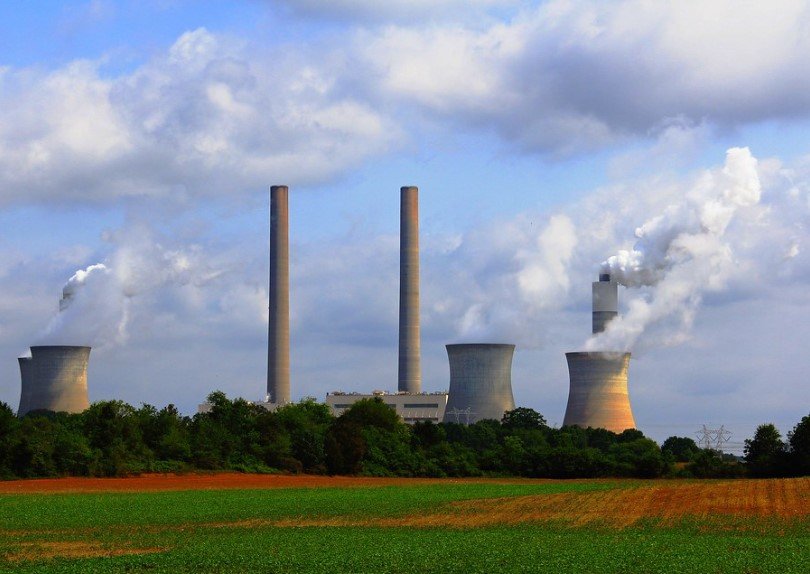The Environmental Protection Agency’s latest regulatory rollbacks are hitting Georgia’s coal plants — and the ripple effects could stretch from power plants to public health.
Major Changes for Georgia’s Coal Giants
Georgia’s two coal-fired power plants, Plant Bowen in Euharlee and Plant Scherer in Juliette, are no strangers to environmental scrutiny. Plant Scherer, known as the largest coal-fired plant in the world, now faces a new chapter of deregulation.
EPA Administrator Lee Zeldin unveiled over 30 regulatory rollbacks earlier this month. Among them? A fresh look at long-standing limits on water pollution and the Mercury and Air Toxics Standards (MATS), which have been in place since 2012.
The MATS rules were designed to rein in hazardous emissions like mercury, acid gases, and other toxic metals. By 2017, mercury emissions had dropped by an eye-popping 86%. Acid gases fell by 96%, and non-mercury metals slid down 81%. Those are big numbers — but they’re now under reconsideration.
Zeldin says the goal is to ease burdens on the energy industry, but critics argue it’s more than industry profits at stake.

Health Implications: Numbers Paint a Grim Picture
Former EPA Southeast administrator Daniel Blackman didn’t hold back, calling the rollbacks “catastrophic” and a direct hit to vulnerable communities.
The numbers speak loudly. Before these standards were reaffirmed under President Joe Biden’s administration in 2021, the EPA estimated MATS could prevent:
- 11,000 premature deaths per year
- 4,700 heart attacks annually
- 130,000 asthma attacks annually
Rolling back these rules now, critics say, could reverse those health gains.
“Loosening these regulations will cripple the ability for us to measure emissions and monitor clean air and clean water,” Blackman emphasized.
For communities near these plants — especially Juliette, where residents have long voiced concerns over water contamination — the stakes feel personal.
Water Pollution Standards Also on the Chopping Block
The EPA’s rollback isn’t stopping at air quality. It’s also targeting Effluent Limitations Guidelines (ELGs), which govern wastewater discharge from coal plants.
ELGs currently cover:
- 40,000 facilities with direct water discharges
- 129,000 facilities tied to municipal sewage treatment plants
- Certain construction sites
These guidelines prevent more than 700 billion pounds of toxic pollutants from entering waterways each year. Yet, they’re now under the microscope.
The agency is eyeing “immediate relief” from some wastewater treatment rules, particularly those involving membrane technology — a method Juliette residents have pushed to see implemented at Plant Scherer.
What’s Next for Georgia’s Coal Plants — and Its Residents?
Plant Scherer and Plant Bowen have operated under tight environmental restrictions for years, but these rollbacks could change the game. Supporters of the changes argue that relaxed regulations could reduce operating costs and keep the plants running longer.
Opponents, though, fear a different outcome — one where communities shoulder the health consequences.
The people of Juliette, already familiar with legal fights over contamination, aren’t waiting to see how this plays out. They’re still pushing for cleaner water and tighter safety measures. Meanwhile, environmental groups are preparing for a new wave of court battles.
